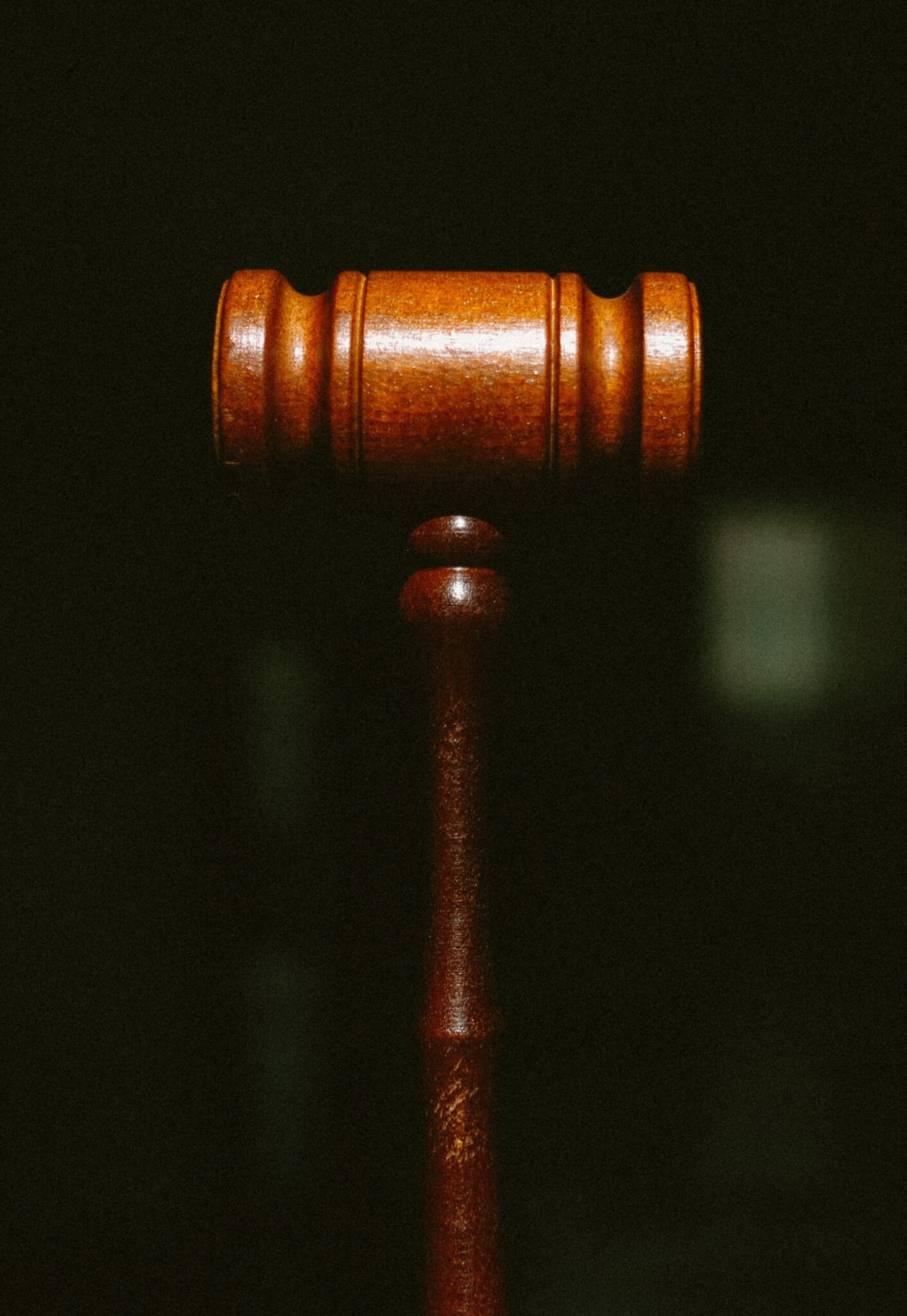
2021 New Year's Resolutions for landlords and property managers
As we look into the back mirror, 2020 has been the most complicated era in landlord-tenant law ever, and there is no reason to believe that 2021 will be any smoother a ride. Now is the time to reset and take inventory of your rental business. In that spirit, here are some New Year resolutions that have percolated to the top of our list.
![]()

I will join an industry trade group or otherwise be proactive in following legal news.
2020 was a very confusing time with ever-extended moratoriums and a patchwork of laws and rules that seemed to change in warp speed. While Bornstein Law is committed to educating our community on legal developments, we do not work on an island. There is a whole alphabet soup of trade groups like CAA, EBRHA, BPOA, SFAA, NAA, and other organizations that are dedicated to helping you stay in the know.

I will not initiate legal proceedings without ensuring that my actions are compliant with state and local law.
Fearing a tsunami of evictions, lawmakers have instituted very cumbersome landlording rules and have prescribed what landlords can and cannot do. Before you go to court, we need to make sure that you have complied with your obligations.

I will document all correspondence with tenants.
Whether it is a discussion of rent deferment during the pandemic, nuisance behavior, repair requests, or other issues, it is critical to log all correspondence with tenants, especially because we expect much ambiguity on the other side of the pandemic. If a dispute arises, Bornstein Law wants to be able to provide a well-documented narrative.

I will be the eyes and ears of my rental units.
During the pandemic, there has been widespread swapping of roommates and subletting to the point where some landlords do not even know who is occupying the premises. Some personal sleuthing can reveal who is residing in your units, although we hasten to say that in the course of your investigative efforts, you cannot violate the tenant’s right to quiet enjoyment.

When disputes arise, I will consider buying the tenant out as an alternative to litigation.
In a tenant buyout agreement, the tenant agrees to voluntarily vacate the rental unit in exchange for compensation, a rent waiver, or both. Because the courts are congested and the costs of litigation can be quite high, a properly effectuated and enforceable tenant buyout agreement may be preferable to going to court.

I will get wrongful eviction coverage.
This has always made the top of our list, but especially important in 2021. We fully expect enterprising tenants’ attorneys to identify and exploit any missteps landlords might have made during the pandemic. We strongly hope no mistakes are made, but in the event there are any slip-ups, there is additional protection you should seek now.

I will continue to maintain the rental premises even if I am not receiving the rent due to a COVID-19 tenant hardship.
There is no government edict that has tampered with California’s implied warranty of habitability. Pandemic or not, landlords must do their part to ensure the rental unit is in liveable condition. Substandard conditions in and around the rental unit may become an affirmative defense in an unlawful detainer (eviction) action and tank your ability to recover rent debt accrued during the public health crisis.

I will review my lease agreement to ensure it is modernized.
All too often, landlords use templated or stale rental agreements that do not account for changes in the law that have occurred since the inception of the rental relationship. This has always been true in our 25+ years of practicing law, but never in our careers have landlords been forced to adapt to so much upheaval as what has transpired in 2020. As we usher in the New Year, it’s probably time to do a check-up on your lease.

